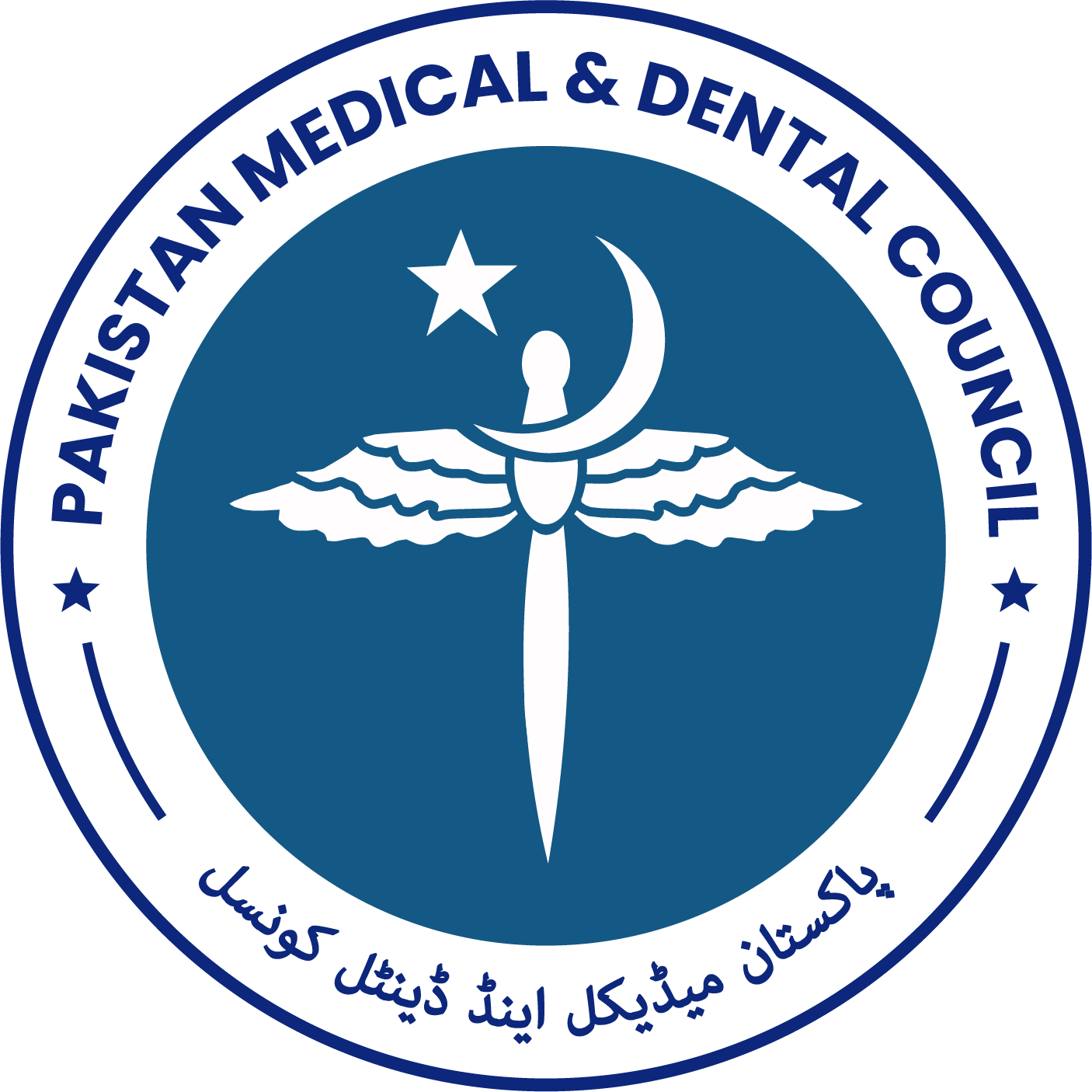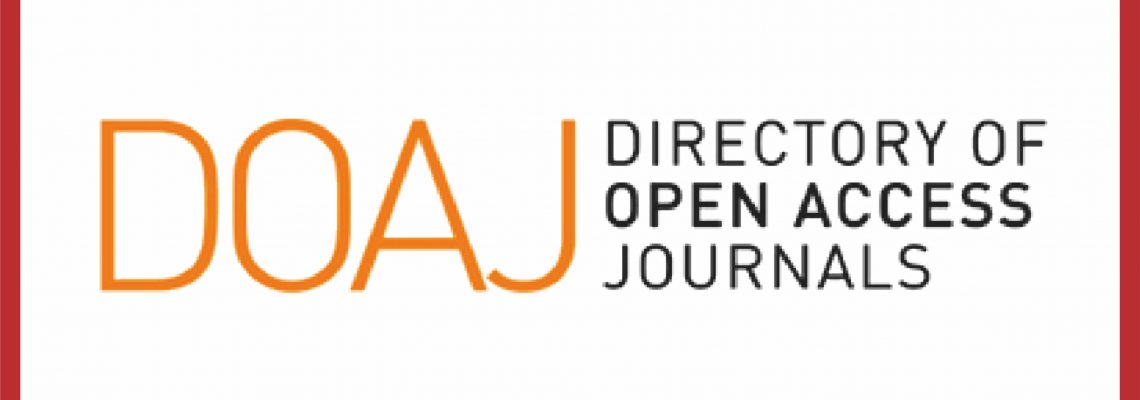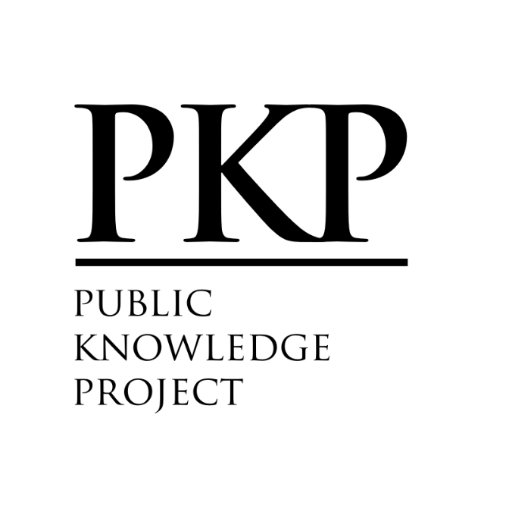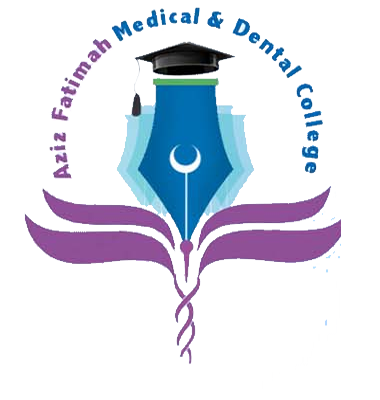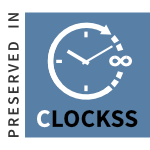Knowledge & Practices of Breastfeeding in Working and Non-working Mothers
KAP Study Breastfeeding
DOI:
https://doi.org/10.55279/jafmdc.v3i2.166Abstract
Objective: To assess knowledge and practices of mothers towards breastfeeding and identify the association of socio demographic factors with knowledge and breastfeeding practices among mothers.
Methodology: A descriptiove cross sectional study conducted in a tertiary level hospital in Lahore on 362 mother. Mothers having children of less than 5 years of age were recruited in this study. Data was collected by administring self structured questionnaire.Data analysis was done on SPSS version 21.
Results: Demographic profile showed 75.5% of mothers were housewives and 24.3% working mothers; 42% were living in a nuclear family, 58% in an extended family. Knowledge level revealed that 36.5% knew breastfeeding (BF) should be done up to 2 years; 75.5% knew that it should be given on demand; 91% knew that colostrum should be given to the newborn. Practice level assessment showed 44.5% had initiated BF immediately after birth; 79.9% had given colostrum; and 34.9% had done BF > one year. Significant association <0.05 was found between socio-demographic factors (status of mother, type of family, total family income, mode of delivery) and knowledge and practice variable
Conclusion: There is an important role of an extended family system that could act as a support pillar to enhance
the practice of breastfeeding practices among mothers. Furthermore, at home mothers and lower socio-economic
class also play an important role as contributing factors in the continuation of BF >6 months
Downloads
Published
How to Cite
Issue
Section
License

This work is licensed under a Creative Commons Attribution-NonCommercial 4.0 International License.
You are free to:
- Share — copy and redistribute the material in any medium or format
- Adapt — remix, transform, and build upon the material
- The licensor cannot revoke these freedoms as long as you follow the license terms.
Under the following terms:
-
Attribution — You must give appropriate credit, provide a link to the license, and indicate if changes were made. You may do so in any reasonable manner, but not in any way that suggests the licensor endorses you or your use.
-
Non Commercial — You may not use the material for commercial purposes.
-
No additional restrictions — You may not apply legal terms or technological measures that legally restrict others from doing anything the license permits.


